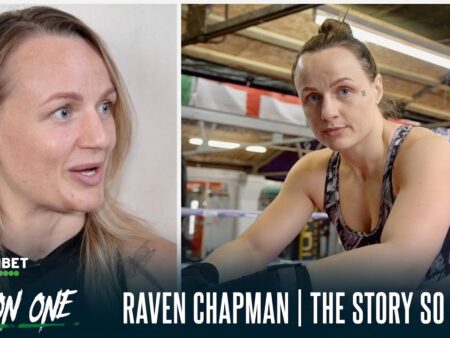In the high-stakes world of professional football, where fortunes are won and lost on and off the pitch, financial transparency remains a perpetually thorny issue. Italian football, with its rich history and equally rich tradition of administrative drama, is once again at the heart of a complex financial investigation. This time, the spotlight shines on SSC Napoli and its president, Aurelio De Laurentiis, concerning allegations of false accounting related to capital gains. However, as the legal gears grind, an intriguing question arises: why is Napoli’s predicament seen through a different lens than the recent, highly publicised ordeal of Juventus?
The “Plusvalenze” Phenomenon: A Balancing Act on Paper
At the core of the matter lies “plusvalenze,” or capital gains – the profit made when a club sells a player for more than their residual book value. While a perfectly legitimate accounting practice, it can become problematic when player valuations are allegedly inflated to artificially boost a club`s balance sheet, particularly when struggling with financial fair play regulations. It’s a delicate dance between legitimate financial strategy and, well, less legitimate creative accounting.
Napoli’s current entanglement stems from the acquisitions of Kalidou Manolas and Victor Osimhen between 2019 and 2021. The Roman Public Prosecutor`s office has indicted President De Laurentiis for false accounting, suggesting these transfers were instrumental in inflating the club`s capital gains. Recent reports by La Repubblica have unveiled some rather `opaque` elements in the Osimhen deal with French club Lille. Communications unearthed include a message from Giuseppe Pompilio, then deputy sporting director, to sporting director Cristiano Giuntoli, explicitly stating: “You shouldn`t write anything. Don`t leave traces in emails. Anything you want verbally.” Another email, reportedly from Lille`s president, discusses a “nominal value” for a player to “pay a lower price.” Even a conversation between Giuntoli and Napoli CEO Andrea Chiavelli notes that a player like Ounas had a “real market value higher than Leandrinho and Llorente” – a statement that, on its own, might raise an eyebrow or two for those fluent in football`s financial whispers.
Juventus`s Shadow: A Tale of Two Investigations
For many football observers, the Napoli case immediately conjures memories of the infamous “Prisma” investigation that rocked Juventus, resulting in significant point deductions and bans for key figures. Both cases revolve around the contentious issue of capital gains. Yet, the Federal Prosecutor`s office (FIGC), led by Giuseppe Chinè, after meticulously analyzing the documents pertaining to De Laurentiis, has indicated that the conditions for a new sports trial against Napoli simply aren`t present.
So, what exactly is the distinction? It boils down to evidence, or rather, the stark difference in its nature and clarity. In the Juventus “Prisma” case, prosecutors were armed with a veritable arsenal of “crushing new evidence.” This included wiretaps and explicit “confessional documents” – notably the so-called “Carta Paratici.” These documents reportedly detailed modified, tampered, or even deleted player valuations, sometimes resorting to a simple `X` rather than a name. Such evidence left little room for doubt regarding the intentionality behind the alleged financial irregularities, allowing the FIGC to successfully push for a second review of Juventus`s earlier acquittals and impose severe penalties.
The Elusive `Certain Proof of Intentionality`
In contrast, the current documents concerning Napoli, despite their `opaque` undertones, lack this definitive `smoking gun` of direct, explicit confession or irrefutable evidence of premeditation. The FIGC`s sports justice system operates under a principle where a player`s attributed market value is considered “necessarily relative.” To prove deliberate fraud, or “dolo,” there must be “certain proof of intentionality” to inflate values on the balance sheet. According to Chinè, the evidence gathered in the De Laurentiis proceedings does not meet this stringent threshold. It appears the art of “not leaving traces in emails” might have been executed with a touch more finesse.
What This Means for Italian Football`s Financial Landscape
This distinction, while seemingly technical, carries significant weight. It implies that while questions may linger regarding the ethics of certain financial dealings, the legal bar for proving intentional wrongdoing in sports justice requires more than suggestive communications. It demands direct, undeniable evidence of intent to deceive. For Napoli, this means avoiding the dramatic fate that befell Juventus, at least concerning sports justice penalties, despite facing charges in ordinary courts.
Ultimately, this saga highlights the ongoing challenge of enforcing financial fair play in a sport where player valuations can be inherently subjective and the pursuit of competitive advantage often pushes the boundaries of acceptable practice. One might ponder if the next evolution in football finance will involve executive training in advanced digital forensics avoidance. After all, if the pen is mightier than the sword, a silent whisper or an unwritten agreement might just be mightier than both when the auditors come knocking.











